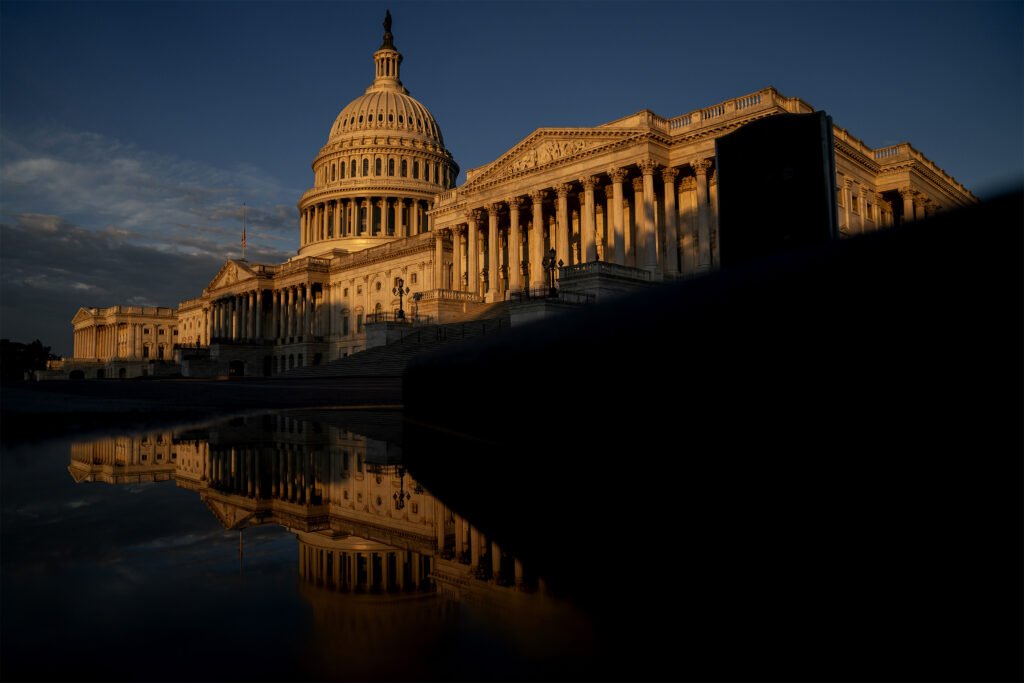As Republican lawmakers push to restrict taxes on hospitals, health plans, and other providers that states rely on to fund their Medicaid programs, the potential consequences are dire. Analysts, patient advocates, and Democratic leaders warn that these efforts could result in the loss of tens of billions of dollars, ultimately reducing access to healthcare for some of the most vulnerable populations in the country.
California stands to be the hardest hit by these proposed restrictions, with its Medicaid program, Medi-Cal, covering nearly 15 million residents with low incomes and disabilities. This is twice the number of individuals covered by New York’s Medicaid program and three times the number covered by Texas.
The proposed rule by the Centers for Medicare & Medicaid Services (CMS), along with the Republican House reconciliation bill and a more drastic Senate bill, would significantly limit the federal dollars that states receive in matching funds from provider taxes. For California, this could mean a loss of an estimated $8.8 billion from its tax on managed care plans and $5.9 billion from hospitals.
With California already facing a $12 billion deficit, the loss of provider tax revenue could further exacerbate the state’s financial challenges. Governor Gavin Newsom has warned that these cuts could result in millions losing coverage, hospitals closing, and safety nets collapsing under the strain.
The proposed restrictions also pose a threat to Proposition 35, a ballot initiative approved by California voters last November to make permanent the tax on managed care organizations and allocate funds to increase provider payments for treating Medi-Cal patients.
Other states like New York, Massachusetts, and Michigan would also suffer significant losses under the Republican efforts to scale back provider taxes. These taxes allow states to increase their Medicaid spending and receive additional federal funds.
In a statement, CMS described the current system as a “loophole” and claimed that California had used funds from its MCO tax to provide coverage for over 1.6 million individuals without legal status. The proposed rule aims to save more than $30 billion over five years by closing this loophole.
While none of these proposals have been finalized, the potential impact could be far-reaching. Michigan’s Department of Health and Human Services warned that a reduction in revenue from the state’s hospital tax could destabilize hospital finances and lead to service cuts or closures.
The American Hospital Association has also raised concerns about the proposed moratorium on new or increased provider taxes, warning that it could force states to make significant cuts to Medicaid, including reducing eligibility and benefits.
As the debate continues, it is clear that these proposed restrictions on provider taxes could have a profound impact on Medicaid programs across the country. With billions of dollars at stake, states like California are facing unprecedented challenges in maintaining access to healthcare for their most vulnerable residents.


